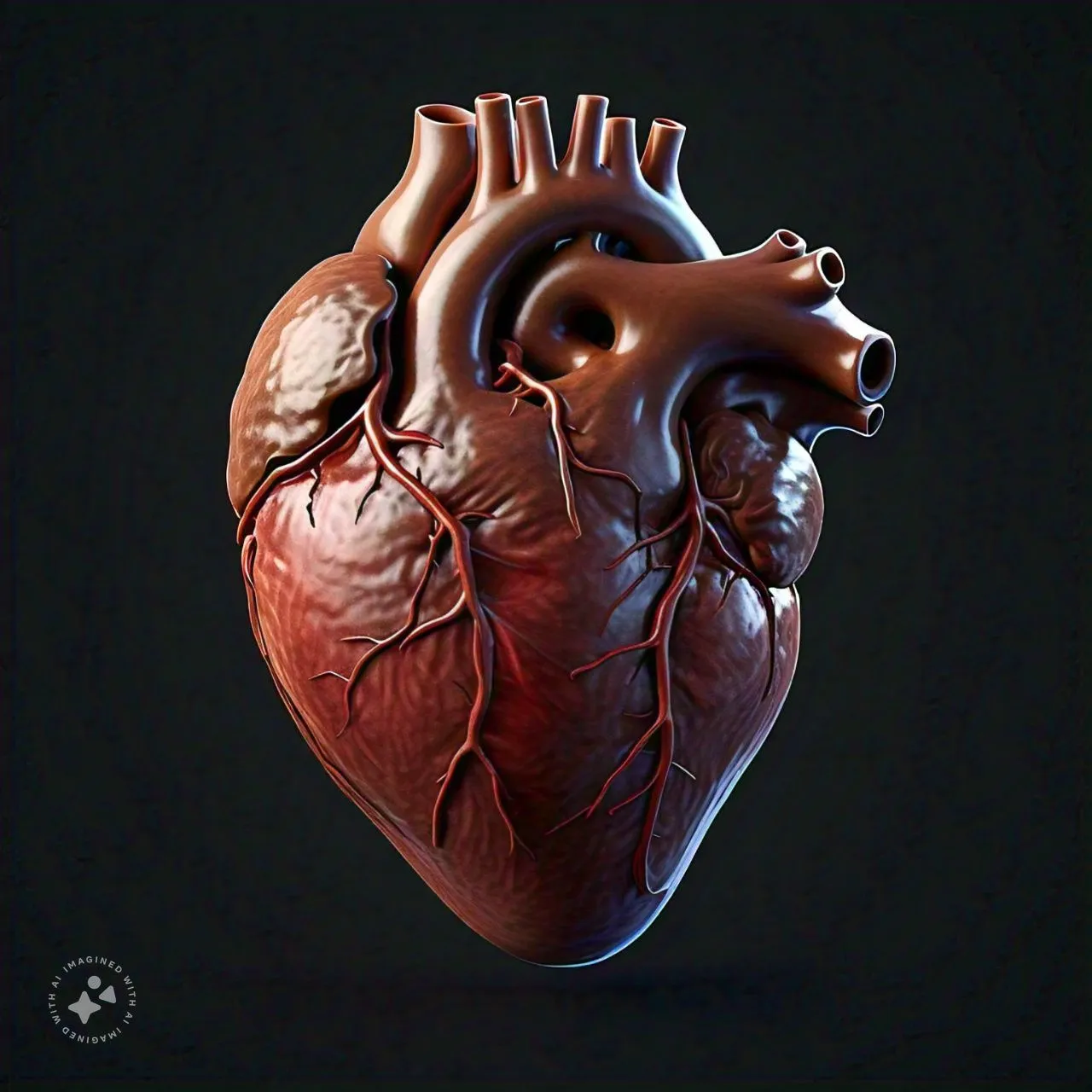
Image generated from Meta AI
People complain of several inadequacies every day. From lack of money to lack of a spouse or child to health challenges, most people have one issue or the other that they are battling with. In all of these challenges, the one that deals with health is the most pressing. Health is wealth, they say.
In recent years, most of the life-threatening challenges are organ deficiencies. The advancement of medical sciences has been able to provide solutions to challenges ranging from kidney dialysis, for instance, to transplanting. However, the cost of getting these services rendered is huge. The first thing in the case of transplanting is to find a compatible donor. There are laws in place guiding this process to prevent organ trafficking. Before transplanting can be performed, it must be consented to by the donor, and the consent must not be procured with financial rewards. In other words, the organ shouldn't be sold.
After getting a willing donor, who in many cases happens to be a family member, the next thing is the cost of the process. The cost is not what an average member of society can afford. Before talking of the cost, one must get a willing donor. Many patients have died due to the failure of getting a donor. This would be solved to a great extent when it is made mandatory for the healthy organs of recently deceased individuals to be collected and donated to those in need.
Many people attached some emotional and cultural relevance to the body of the deceased, but I don't think the body is beyond a remains that is going to serve no purpose when interred into the earth. Instead of wasting the remains in that manner, why not use them in part to make another human being live longer?
I was once in the cemetery, and I saw a fresh grave being dug on a spot where the body of someone had been buried in the past, probably decades ago. Unknowingly to the gravedigger, the bones of the body were unearthed. When it was noticed, the bones were interred and the spot marked properly to avoid a similar mistake in the future. When I saw the bones, it occurred to me that whether rich or poor, young or old, once dead, that's how the flesh and the organs will decompose in the soil, leaving behind the bones for a longer period before following suit.
I don't see reason why such body parts won't be used, if possible, to take care of the living. If that is done, it will be a win-win for the dead and the living.
When someone dies, emotional attachments are left for the loved ones. The dead don't know what happens to his body. It is left for the living to decide what to do with his body. I derive joy from contributing to the happiness of others around me. In many instances, I sacrifice what is useful to me for other people to make them fine. If I can use what is useful to me for such a purpose, how much more of the remains of my body that are no longer useful to me when I am gone?
I don't mind my functioning organs being removed and donated to those in need. I see it as a way of making the lives of others better.